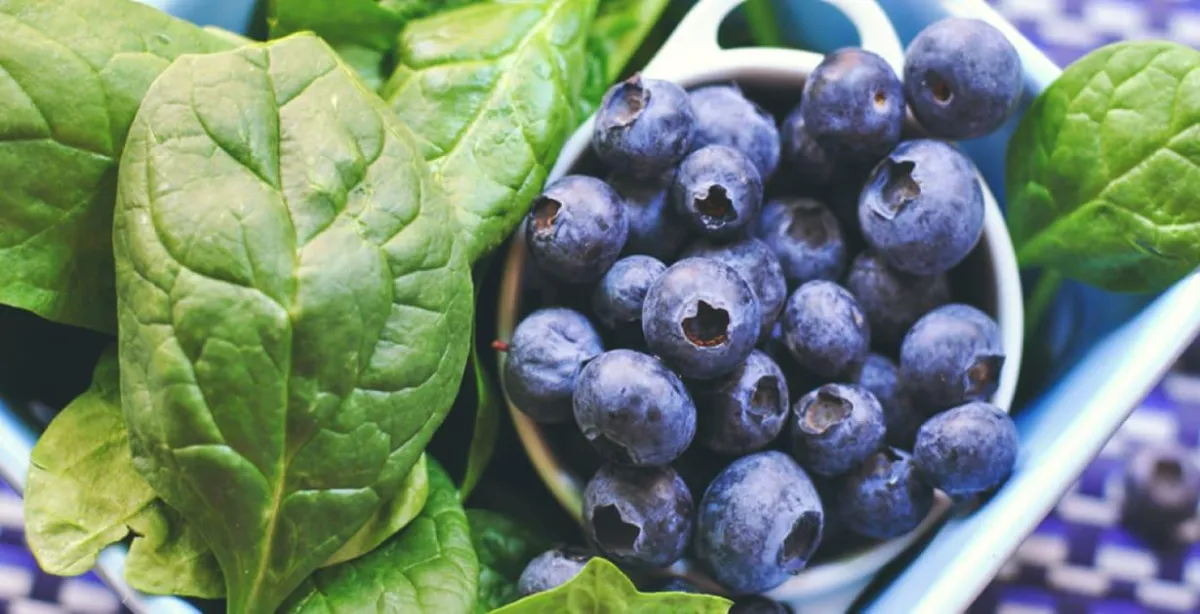

Quercetin
Abstract:
Quercetin, a flavonoid widely distributed in the plant kingdom, has garnered increasing attention due to its potential health benefits. This comprehensive review delves into the multifaceted properties of quercetin, ranging from its antioxidant and anti-inflammatory effects to its potential in disease prevention and management. The exploration encompasses its sources, bioavailability, mechanisms of action, and clinical implications, shedding light on its promising role in promoting human health and well-being.
Introduction:
Quercetin, a naturally occurring polyphenolic compound, belongs to the flavonoid class, which is abundant in various fruits, vegetables, and beverages. Its chemical structure consists of flavonol backbone with hydroxyl groups at different positions, conferring upon it potent antioxidant and anti-inflammatory properties. Over the years, research has extensively investigated the potential health benefits of quercetin, revealing its diverse biological activities and therapeutic potentials.
Sources of Quercetin:
Quercetin is found abundantly in numerous plant-based foods, including apples, onions, citrus fruits, berries, grapes, tea, and leafy vegetables. The concentration of quercetin varies among these sources, with red onions and capers ranking among the highest. Consumption of a diverse diet rich in these foods can contribute significantly to quercetin intake, thereby enhancing overall health.
Bioavailability of Quercetin:
The bioavailability of quercetin is influenced by several factors, including its chemical form, food matrix, and interactions with other dietary components. Despite its low bioavailability, quercetin exhibits significant pharmacological effects due to its ability to undergo various metabolic transformations in the body. Strategies such as co-administration with certain substances or the use of quercetin supplements can enhance its bioavailability, thereby maximizing its therapeutic potential.
Mechanisms of Action:
Quercetin exerts its biological effects through multiple mechanisms, including antioxidant activity, anti-inflammatory properties, modulation of cellular signaling pathways, and interaction with enzymes and receptors. As a potent antioxidant, quercetin scavenges free radicals, thereby protecting cells from oxidative damage and reducing the risk of chronic diseases. Additionally, it inhibits the production of inflammatory mediators and modulates immune responses, contributing to its anti-inflammatory effects.
Health Benefits of Quercetin:
The potential health benefits of quercetin span a wide range of conditions, including cardiovascular diseases, cancer, neurodegenerative disorders, diabetes, and obesity. Its antioxidant and anti-inflammatory properties play a pivotal role in mitigating oxidative stress, inflammation, and cellular damage associated with these conditions. Furthermore, quercetin exhibits anti-cancer effects by inhibiting tumor growth, inducing apoptosis, and suppressing angiogenesis and metastasis.
Cardiovascular Health:
Quercetin has been shown to exert protective effects on the cardiovascular system by improving endothelial function, reducing blood pressure, inhibiting platelet aggregation, and lowering cholesterol levels. These cardiovascular benefits may contribute to the prevention of heart disease and stroke, making quercetin-rich foods a valuable component of a heart-healthy diet.
Neuroprotective Effects:
Emerging evidence suggests that quercetin possesses neuroprotective properties, making it a potential therapeutic agent for neurodegenerative disorders such as Alzheimer's and Parkinson's diseases. Its ability to modulate oxidative stress, neuroinflammation, and neuronal apoptosis may help preserve cognitive function and delay the progression of these debilitating conditions.
Anti-diabetic Effects:
Quercetin exhibits promising anti-diabetic effects by improving insulin sensitivity, reducing blood glucose levels, and enhancing pancreatic beta-cell function. These effects may be attributed to its ability to activate AMP-activated protein kinase (AMPK) and regulate glucose metabolism pathways, making it a potential adjunctive therapy for diabetes management.
Anti-obesity Properties:
Obesity is a significant risk factor for various chronic diseases, including diabetes, cardiovascular diseases, and certain cancers. Quercetin has been shown to modulate adipocyte metabolism, inhibit adipogenesis, and promote fat oxidation, thereby exerting anti-obesity effects. Incorporating quercetin-rich foods into the diet may help combat obesity and its associated complications.
Clinical Implications:
While preclinical studies have demonstrated the promising health benefits of quercetin, more clinical research is needed to validate its efficacy and safety in humans. Clinical trials evaluating the effects of quercetin supplementation on various health outcomes are underway, providing valuable insights into its therapeutic potential and optimal dosage regimens.
Conclusion:
Quercetin emerges as a bioactive compound with diverse biological activities and therapeutic potentials. Its antioxidant, anti-inflammatory, cardiovascular, neuroprotective, anti-diabetic, and anti-obesity properties highlight its significance in promoting human health and combating chronic diseases. Incorporating quercetin-rich foods into the diet or utilizing quercetin supplements may offer promising avenues for disease prevention and management, paving the way for a healthier future.
Explore the Perfect Health Sciences Website

The information on this site is not intended or implied to be a substitute for professional medical advice, diagnosis or treatment. If you or any other person has a medical concern, you should consult with your health care provider or seek other professional medical treatment immediately. Our products are intended to be refrigerated.
Email us at [email protected]. Our mailing address is #113-14088 Riverport Way, Richmond, BC, V6W 0A7.